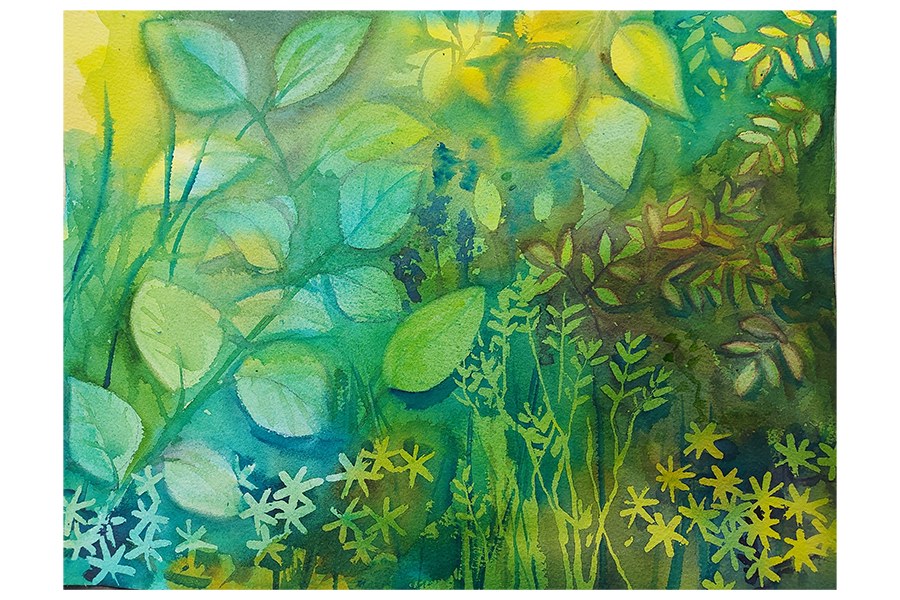New docentship builds a bridge between research and industry in the field of extended reality

The docentship is about digital transformation. It is a natural combination of academic research and industrial innovations, applying this knowledge to the practical needs of industry and commerce.
“In practice, the docentship enables e.g. ways of cooperation, top-level expertise in teaching and supervision as well as a functional way to carry out internships and thesis works and joint publications,” professor of interactive technology Markku Turunen summarizes.
Sanni Siltanen is among the pioneers of the research and development of extended reality in Finland. She already started to work in the field in 2001, while working at VTT. Siltanen’s current employer is KONE, where she has worked in research and product development positions. At the moment, she is a Senior Expert in Innovation Engineering.
“I am passionate about new technologies and how they can be put to actual use. Currently, I am particularly interested in industry 5.0, mobile service robotics, IoT and human interaction with technology,” Sanni Siltanen says.
“It would be interesting to have students solve real industry problems in course work and, thus, increase their understanding of the needs of industry. At the same time, they could learn industry skills that are needed today. Personally, I am also interested in the supervision of thesis works and postgraduate studies,” she adds.
Diversity and new viewpoints needed in technical fields
Markku Turunen sees the new docentship as a jackpot for the university. According to him, it enables in-depth and diverse research and teaching cooperation with a leading industrial company.
“We need people like Sanni to build bridges between industry and science. This way, we can acquire a workforce that understands the needs of industry. The working life skills of our graduates will move to a new level,” Turunen rejoices.
Sanni Siltanen herself wishes to encourage girls to study and work in mathematical and technical fields.
“Diversity is important, so that the solutions and services to be developed could provide more benefit to a larger section of users. People with different viewpoints are especially important in innovation and new developments,” Sanni Siltanen says.

Siltanen graduated in applied mathematics and wrote her master’s thesis on machine vision. After graduation, she researched machine vision and augmented reality at VTT for 17 years. She completed a Doctor of Science in Technology (D.Sc. (Tech.)) degree in information technology at Aalto university. Siltanen’s dissertation dealt with the development of augmented reality through user involvement.
The University of Tampere is one of KONE’s strategic research partners in the The Flow of Urban Life Veturi project.
Further information
Markku Turunen
+358 40 533 9689
markku.turunen [at] tuni.fi
Sanni Siltanen
sanni.siltanen [at] kone.com
+358 50 585 0145
Text: Anna Aatinen
A docent
In accordance with Section 89 of the Universities Act (558/2009), a university may, upon application, award the title of docent to individuals who have a comprehensive knowledge of their field, a capacity for independent research or artistic work demonstrated through publications or some other manner, and good teaching skills. A doctoral degree is one of the main criteria. Read more about applying for a docent title.





